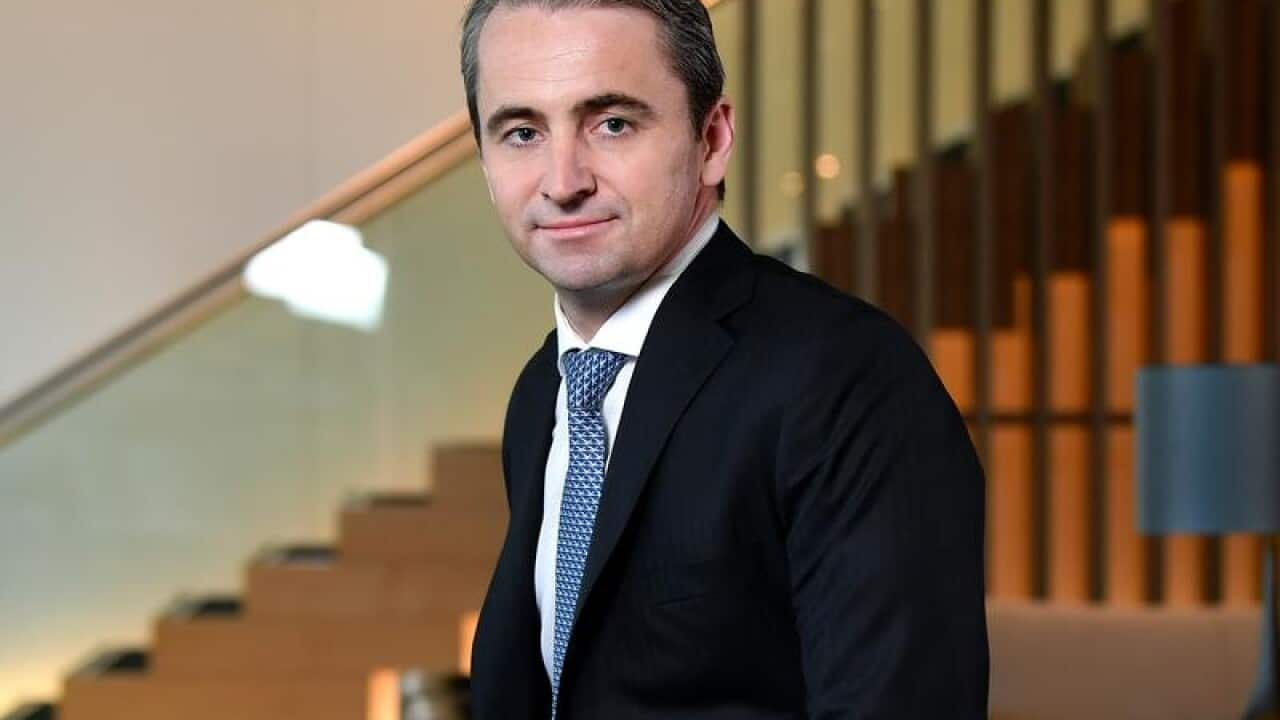Drug syndicates and gun dealers used the Commonwealth Bank's intelligent ATMs to launder millions of dollars for years.
Australia's largest bank admits its failures prevented police disrupting money laundering by the crime syndicates.
CBA agreed to a $700 million civil penalty, the largest in Australian corporate history, to settle its anti-money laundering and counter-terrorism financing (AML/CTF) case with AUSTRAC in June.
The banking royal commission heard CBA knew it had issues with its AML/CTF obligations years before the government financial intelligence agency launched the civil action in 2017.
CBA CEO Matt Comyn said a number of the failings outlined in AUSTRAC's statement of claim came as a complete surprise to the bank.
He agreed the contraventions were extremely serious.
"Certainly our failures contributed to the inability to provide law enforcement with necessary intelligence that would have led to earlier prosecutions," he said on Tuesday.
"And, of course, there could have been other matters as well because we didn't appropriately manage all of the risks associated with our AML/CTF obligations."
The issues centred on CBA's intelligent deposit machines - ATMs where deposits were automatically credited to a CBA account.
The inquiry heard the IDMs pose a high risk for international money laundering and terrorism financing because money can be deposited anonymously at any time at hundreds of locations and then be immediately transferred.
CBA introduced the IDMs in 2012 but did not set a daily deposit limit until November 2017.
Money laundered through CBA accounts included the proceeds of drugs and firearms importation and distribution syndicates, the AUSTRAC settlement documents stated.
AUSTRAC and law enforcement were denied timely intelligence on $625 million in cash transactions over the $10,000 threshold and several million dollars in suspicious activity.
The inquiry heard an audit report last month revealed the bank's AML/CTF framework had improved but continued to be deficient in key areas.
Mr Comyn said the problems identified as part of the AUSTRAC contraventions had been fixed, but warned the threat landscape continued to shift as criminals became more sophisticated.
"I'm very confident that we've substantially improved, and demonstrably, the control environment to protect the financial integrity and of course the Australian citizens.
"I suspect there will never be a day while I'm in this role that I ever say that I'm fully satisfied with it, where we're dealing with all our AML/CTF risks because it will be one of those risks that continues to evolve."
The royal commission heard CBA's internal audit department identified issues with its processes for complying with the legal obligations in 2013, 2015 and 2016.
CBA chair Catherine Livingstone, a board director since 2016, said she voiced concerns about statutory notices the bank was getting from AUSTRAC but was given assurances from management.
Ms Livingstone accepted the board's audit committee did not take the audit findings seriously enough.
The AUSTRAC scandal led to Ian Narev's departure as chief executive.

